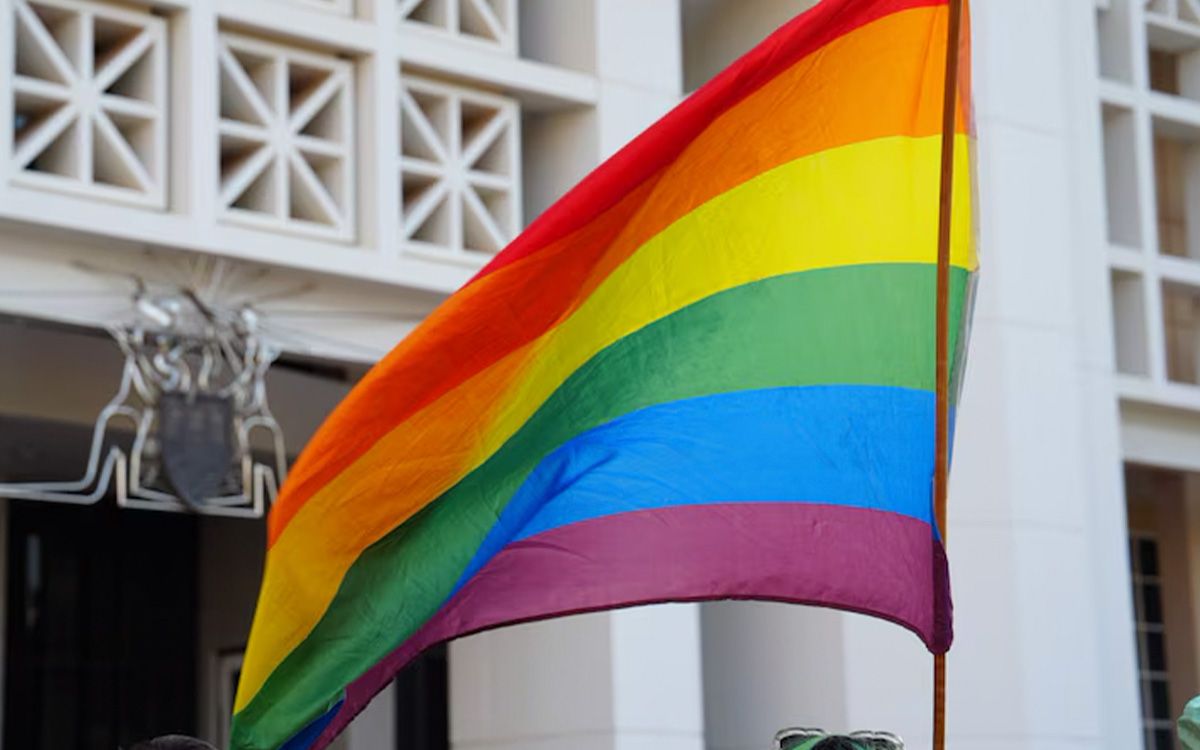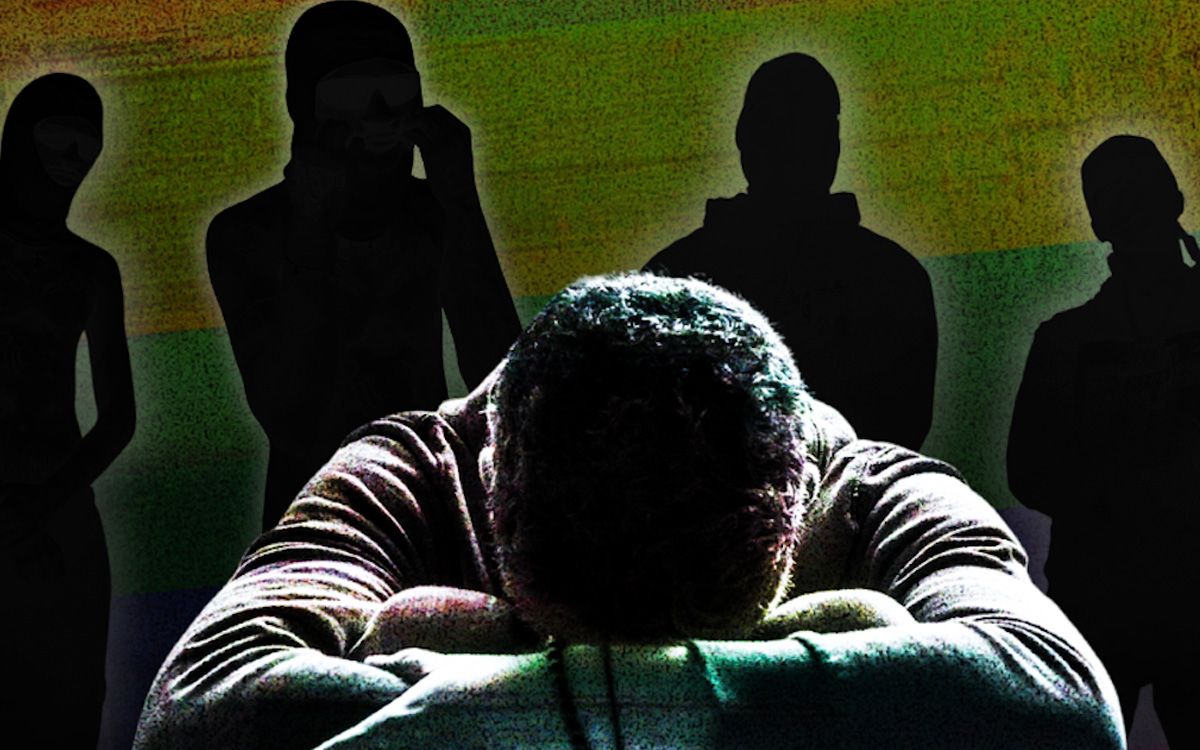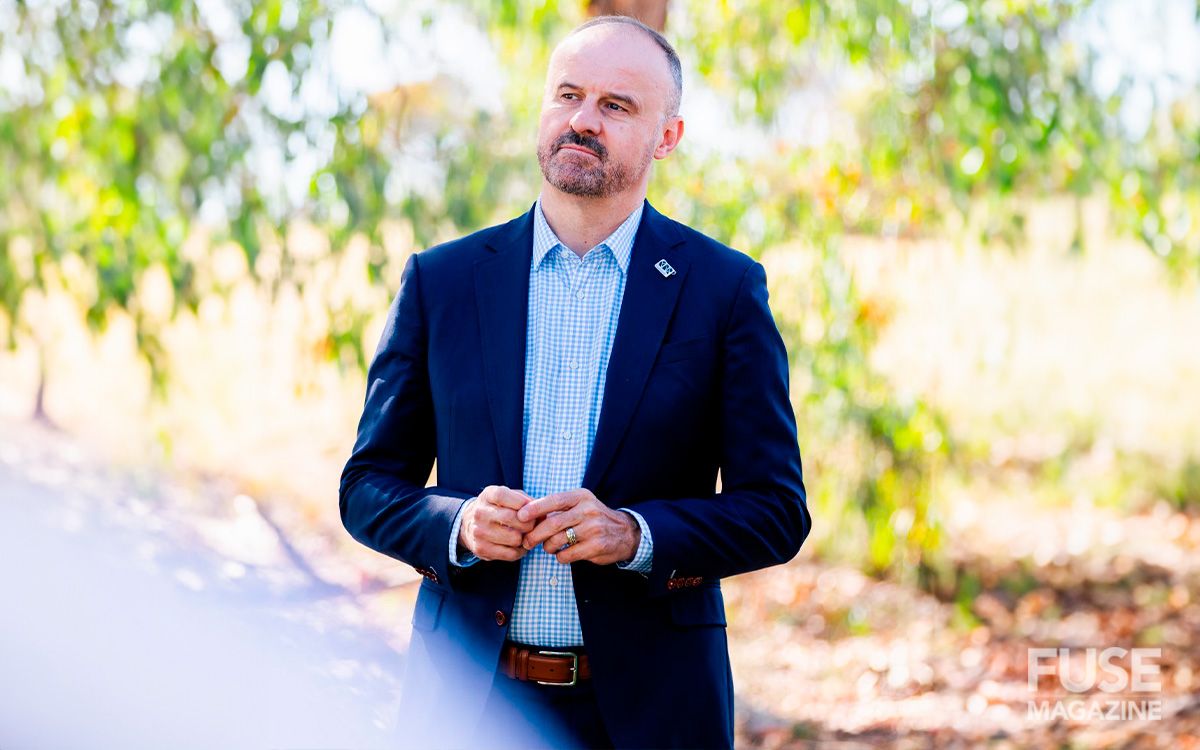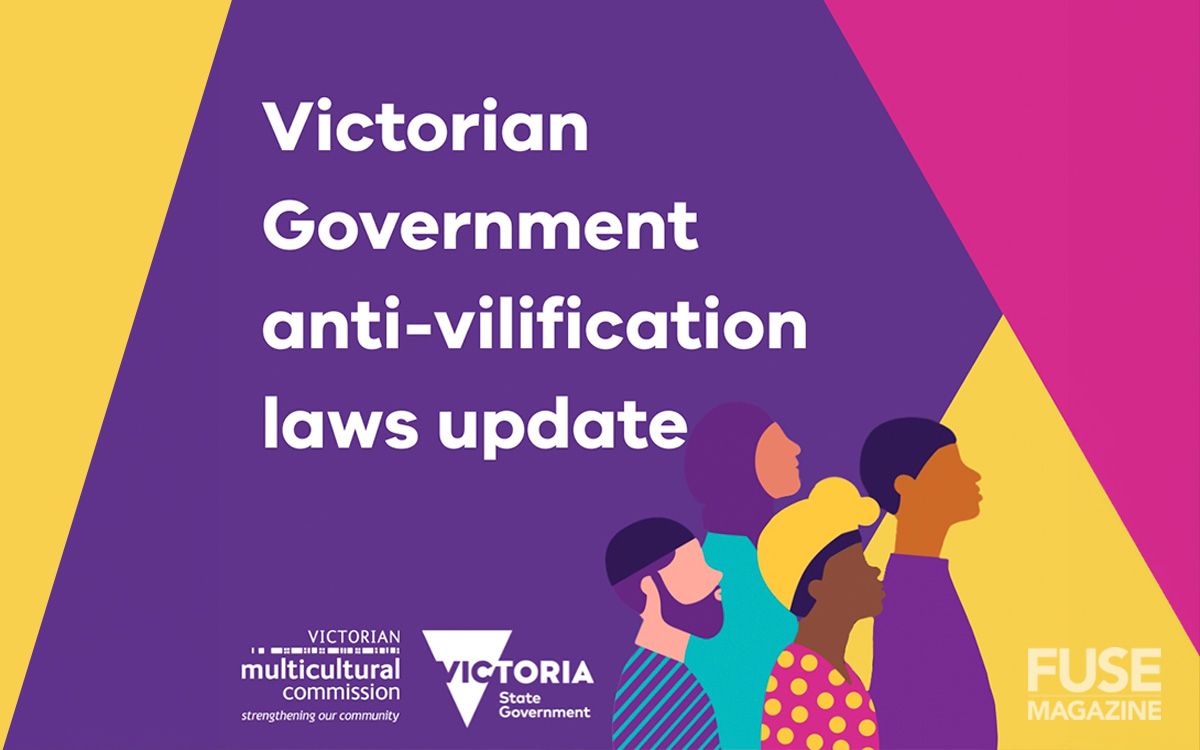The NT Gov. has reversed plans to remove hate speech laws

Earlier this year, the Northern Territories Country Liberal Party (CLP) announced it would repeal key vilification protections under the Anti-Discrimination Act 1992, which would have left Territorians exposed to hate speech targeting attributes such as sexuality, gender identity, race, and religion. The move sparked an immediate backlash in the community.
In response, the government has committed to revising the laws instead of abolishing them altogether. The new proposal will eliminate terms like “offend” and “insult” from the vilification provisions and will instead prohibit conduct that “incites hatred, serious contempt, or severe ridicule” based on protected attributes.
While the government claims these changes align with standards in other jurisdictions and provide a sense of “balance,” the Anti-Discrimination Commissioner has warned that the revisions may still “dilute” protections and could send a dangerous message suggesting that hate speech is acceptable in the Northern Territory.
Alongside changes to revise hate speech laws, the government plans to reinstate religious exemptions, allowing faith-based schools to prioritise hiring staff of the same religion. Critics, including the Anti-Discrimination Commissioner and LGBTIQ+ advocates, argue this could open the door to discrimination against LGBTQIA+ teachers, staff, and job applicants, undermining hard-won workplace equality.
The government maintains that these exemptions are about restoring “fairness and common sense,” allowing religious schools to employ staff who uphold their faith while retaining protections against discrimination based on race, sexuality, or gender identity.
However, community groups argue that such carve-outs are “redundant and symbolically harmful” and risk rolling back progress on LGBTIQ+ rights in the Territory.he revised bill is expected to be introduced in the July parliamentary sittings. All 20 protected attributes in the Anti-Discrimination Act will remain, but the threshold for what constitutes vilification will be raised, and the religious school exemption will return in some form.
Advocates warn that these changes could leave vulnerable communities less protected and urge the NT Government to reconsider. As Sally Sievers, CEO of the NT Council of Social Service, put it:
“The proposed changes risk undermining the work of people, organisations, and communities across the Territory—work that is essential to fostering equality and safety for all.”
For the LGBTIQ+ community, the outcome of this legislative battle will have real impacts on safety, inclusion, and workplace rights in the NT. FUSE Magazine will continue to follow developments as the bill progresses through parliament.







